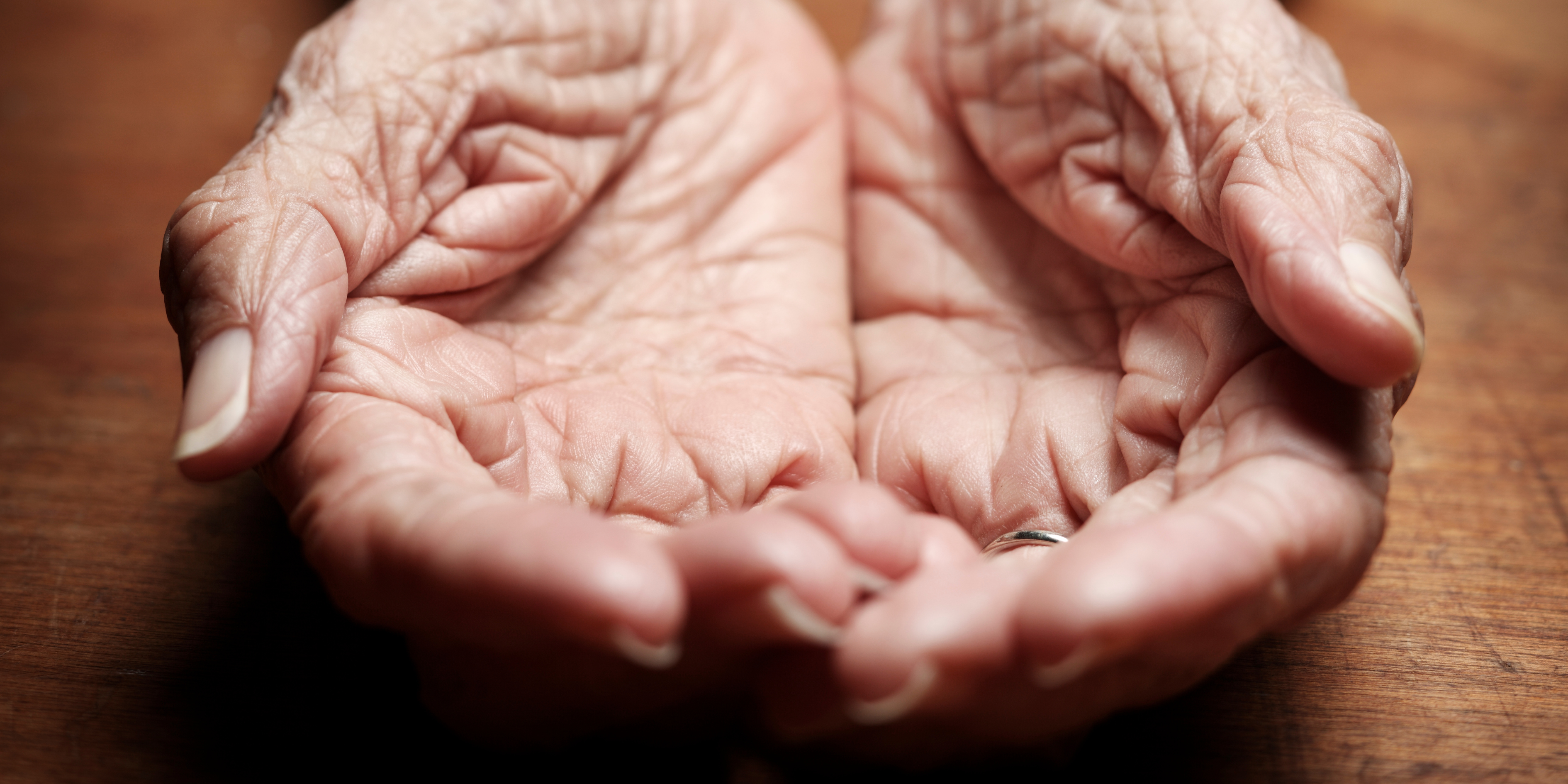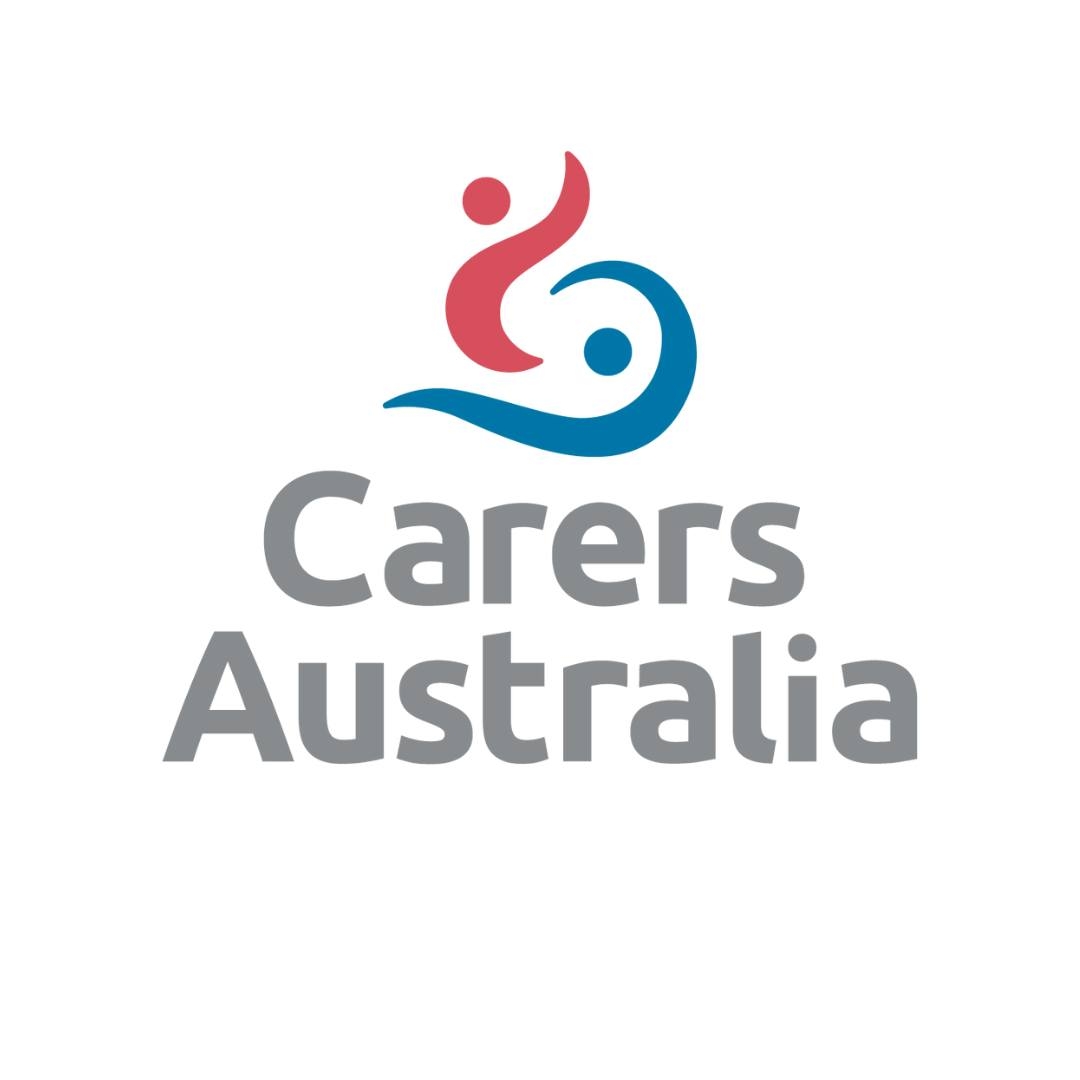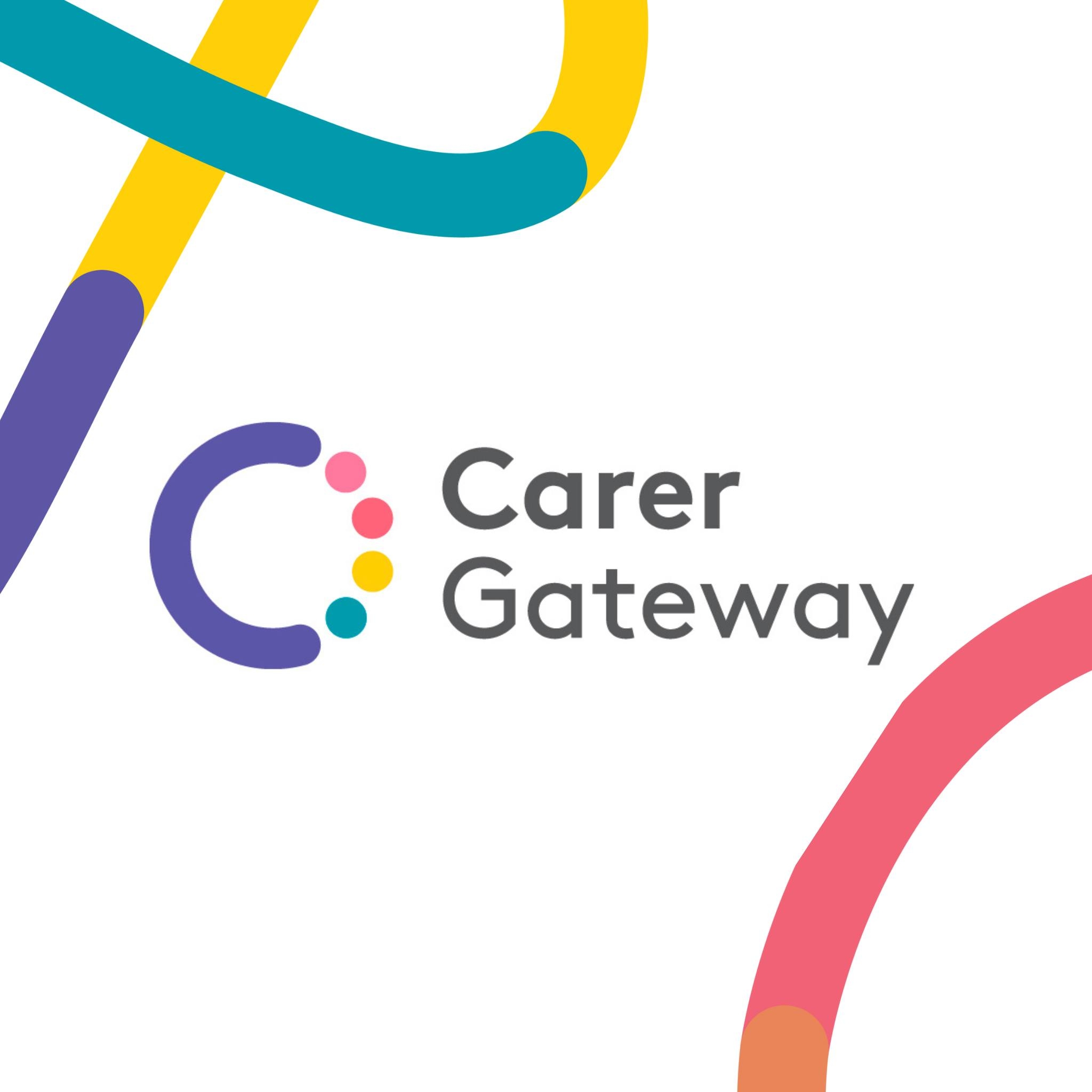Overview
Getting older brings about many changes—some are great, while others can be tough.
As we navigate shifts in our independence, face new health concerns, and deal with changes in our relationships, it’s common to feel a mix of emotions like sadness, tiredness, or even loneliness. These feelings can sometimes make it harder to enjoy the things we used to love.
It’s important to remember that you’re not alone – about 14% of adults over 60 experience mental health conditions like depression or anxiety. Unfortunately, these issues often go unnoticed in older people.
If you find that your feelings of sadness hang around or you start losing interest in activities you once enjoyed, support is available. Mental health conditions are treatable, and there are plenty of ways to support your mental well-being.
Supporting yourself
Taking steps to look after your mental health is just as important as your physical health, and it can help you grow older healthy.
Here are some ways to support your mental health as you age:
Stay Active
Regular movement can boost your mood and overall well-being.
The Australian Department of Health recommends that older adults engage in 30 minutes of moderate-intensity activity on most days. If this seems overwhelming, start small – start with 10 minutes and gradually increase.
Discover activities that you enjoy, such as walking, gardening, or yoga.
Find ways to stay active during the day by increasing your incidental movement. Even a small decrease in the time you spend sitting can lead to significant health benefits.
Note: Before starting a new exercise routine, consult your doctor—especially if you have pre-existing health conditions.
Eat Well
Good nutrition is vital for supporting mental and physical health as you age.
Eating a balanced diet rich in whole foods, healthy fats, fibre, and protein can help maintain your mood and energy levels. If you’re uncertain about the best foods for your needs, particularly if you have a health condition, your GP, a dietitian, or a nutritionist can offer personalised advice.
If you find cooking or grocery shopping challenging, meal delivery services designed for older Australians, such as Meals on Wheels or other home-delivered meal providers, can help ensure you’re eating nutritious meals. Other community programs and aged care services also offer meal support.
Stay Socially Connected
Isolation and loneliness can have a significant impact on your physical and mental health as you get older.
Stay connected by reaching out to family and friends, joining local community groups or events, enrolling in a class, participating in a Men’s Shed, or volunteering. Even brief interactions, such as chatting with a neighbour or attending a class, can make a difference.
Get Enough Sleep
As you get older, you may notice changes in your sleep quality and patterns, such as experiencing lighter sleep, waking more frequently at night or sleeping for shorter periods. While this can be a normal part of ageing, persistent sleep issues can affect mood, energy levels, and overall well-being.
To help improve the quality of your sleep:
- Have a consistent sleep routine, aiming to go to bed and wake up at the same time each day.
- Create a restful environment – keep your bedroom cool, dark, and quiet, and limit any blue light or digital devices.
- Limit stimulants by reducing your caffeine and alcohol intake, especially in the evenings.
- Regular physical activity can help with better sleep.
- If sleep problems persist, speak with your GP.
Set goals and engage in meaningful activities
Making plans and having something to look forward to can be motivating and provide you with a sense of structure. Set small, achievable goals, such as planning a trip, joining a class, catching up with a friend or completing a personal project.
Whether you enjoy listening to music, reading, gardening, using a skill, learning something new, or volunteering, doing activities you enjoy can be fulfilling, uplifting and improve your mental well-being.
Manage your stress levels
Stress is a normal part of life; however, ongoing and chronic stress, illness, and traumatic life events can have detrimental effects on both your mental and physical health, leading to anxiety, depression, and a range of stress-related illnesses.
Explore self-care strategies that work for you, such as mindfulness, deep breathing, meditation, or tai chi, to help manage your stress levels.
Engage in hobbies to keep your mind occupied and bring you a sense of joy, satisfaction and connection.
Writing about your thoughts and feelings through journaling can help you process your thoughts and feelings.
Talking to someone—a friend, a family member, your GP, or a mental health professional—can provide support and understanding.
Supporting another person
If you’re supporting an older person, it’s natural to want to provide the best possible care.
Here are a few ways to help:
- Be patient and listen without judgment. Sometimes, simply having someone to talk to can make a huge difference.
- Offer practical help, such as helping with grocery shopping, meal preparation, or housework.
- Encourage independence by supporting them in making decisions about their care and lifestyle.
- Seek expert advice. Contacting a carers’ service or My Aged Care can provide practical guidance and access to helpful resources.
Remember, ensuring you receive the support you need is just as important, whether it’s someone to talk to, advice or moments of respite. Here are some helpful resources for caregivers:
Carer Gateway
Carer Gateway is an Australian Government program providing free services and support for carers. Learn More(Opens in a new tab)My Aged Care
If you are seeking help around the house or think it’s time to look into aged care homes. Learn More(Opens in a new tab)Where to get help
If you’re feeling overwhelmed, or simply need someone to talk to, help is available. There are many resources designed to support older adults, from online tools and helplines to in-person services. Whether you’re looking for advice, professional support, or a sense of community, you don’t have to navigate this journey alone.
My Mental Health
Mental health and wellbeing services for people over 65 years. Learn More(Opens in a new tab)Live Up
Learn about healthy ageing, get assistive product suggestions, and discover local activities near you. Learn More(Opens in a new tab)Mind Spot
Take the Big 5 online assessment and learn more about how to care for your mental health. Learn More(Opens in a new tab)How we can help
If you or someone you know is in crisis
If you are worried you may harm yourself or someone else, or need immediate help for someone else in this situation:
Please call 000If you are in distress
Other helplines
- Beyond Blue | 1300 22 4636
- Open Arms – Veterans & Families Counseling | 1800 011 046
- MensLine Australia | 1300 78 99 78
- Defence All Hours Support Line | 1800 628 036
- QLife | 1800 184 527
- 13YARN| 13 92 76
Please select a state you live in
Suicide Call Back Service. Free professional telephone counselling & online chat available at suicidecallbackservice.org.au
Available 24/7
1800RESPECT Domestic Violence Counselling & Support Line. Online Chat at 1800respect.org.au or SMS on 0458 737 732
Available 24/7
13YARN First Nations Peoples Crisis Support Line. Call to talk with an Aboriginal or Torres Strait Islander Crisis Supporter
Available 24/7
Defence All Hours Telephone Support Line. For Australian Defence Force (ADF) members and their families
Available 24/7
Health Direct. Speak to a registered nurse for healthcare advice. healthdirect.gov.au
Available 24/7
Beyond Blue. Online counselling, forums, and webchat - beyondblue.org.au
Available 24/7
Access Mental Health Line. For people who have concerns about their own, or someone else’s mental health
Available 24/7
Medicare Mental Health Centre Canberra. Phone, request a call canberrammhc.com.au.
Monday, Wednesday & Friday: 8.30am-5:00pm. Tuesday & Thursday (extended hours): 8:30am-7:00pm
NSW Hospital and Health Services State-wide Mental Health Line. Speak to a trained Mental Health Professional
Available 24/7
Medicare Mental Health. Phone to find your nearest centre. Support through Medicare Mental Health Centres are free. No appointment or GP referral is required. Visit www.medicarementalhealth.gov.au
Hours vary.
NT Mental Health Line. For people who have concerns about their own, or someone else’s mental health. Speak to a trained mental health professional.
Available 24/7
Darwin Medicare Mental Health. Clinical Assessment and Treatment. Call, walk-in (16 Scaturchio St, Casuarina.)
Mon - Wed and Fri: 9am - 9pm; Thur: 1pm - 9pm; Sat - Sun (and public holidays): 12pm - 8pm
13 HEALTH. A confidential phone service that provides health advice. Call to talk to a registered nurse.
Available 24/7
1300 MH Call. A confidential mental health telephone triage service providing information, advice and referral.
Available 24/7
Medicare Mental Health. Phone to find your nearest centre. Support through Medicare Mental Health Centres are free. No appointment or GP referral is required. Visit www.medicarementalhealth.gov.au
Hours vary.
SA Mental Health Triage. A confidential mental health telephone service, staffed by mental health clinicians, providing information, advice and referral.
Available 24/7
Urgent Mental Health Care Centre (UMHCC) located at 215 Grenfell Street, Adelaide, offers an alternative to presenting at hospital Emergency Departments for a mental health crisis.
Available 24/7
Medicare Mental Health. Phone to find your nearest centre. Support through Medicare Mental Health Centres are free. No appointment or GP referral is required. Visit www.medicarementalhealth.gov.au
Hours vary.
LETSS Lived Experience Telephone Support Service (Adelaide Metro). letss.org.au
5pm - 11:30pm, 365 days a year
Access Mental Health- Helpline Triage offering phone counselling, information and referral.
9am - 10pm
Medicare Mental Health. Phone to find your nearest centre. Support through Medicare Mental Health Centres are free. No appointment or GP referral is required. Visit www.medicarementalhealth.gov.au
Hours vary.
Victoria Psychiatric Triage providing an initial assessment and identifies whether a person needs further assessment or referral.
Available 24/7
Geelong Head to Health. Call or walk-in at 8 Station Street, Norlane.
Monday–Friday, 12pm–9pm and Saturday–Sunday/public holidays, 1pm – 6pm
Medicare Mental Health. Phone to find your nearest centre. Support through Medicare Mental Health Centres are free. No appointment or GP referral is required. Visit www.medicarementalhealth.gov.au
Hours vary.
Rurallink - An after-hours telephone service for people in rural and regional WA experiencing a mental health crisis
Weeknights 4:30pm-8:30am / 24hrs on Weekends and Public Holidays
Peel -Mental Health Emergency Response Line. Call to speak with a trained mental health clinician. Callers referred to acute response teams.
Available 24/7
TTY - Mental Health Emergency Response Line.Call to speak with a trained mental health clinician. Callers referred to acute response teams.
Available 24/7
Metro - Mental Health Emergency Response Line. Call to speak with a trained mental health clinician. Callers referred to acute response teams.
Available 24/7
Medicare Mental Health. Phone to find your nearest centre. Support through Medicare Mental Health Centres are free. No appointment or GP referral is required. Visit www.medicarementalhealth.gov.au
Hours vary.
Please select a state you live in
Service Options
**** *****
**** ***** * *********** *********** ***
**** ***** ********* *****
**** ***** * *********** *********** ***
**** ***** ********* *****
**** ***** * *********** *********** ***
**** ***** ********* *****
**** ***** * *********** *********** ***
**** ***** ********* *****
**** ***** * *********** *********** ***
**** ***** ********* *****
**** ***** * *********** *********** ***
**** ***** *****









